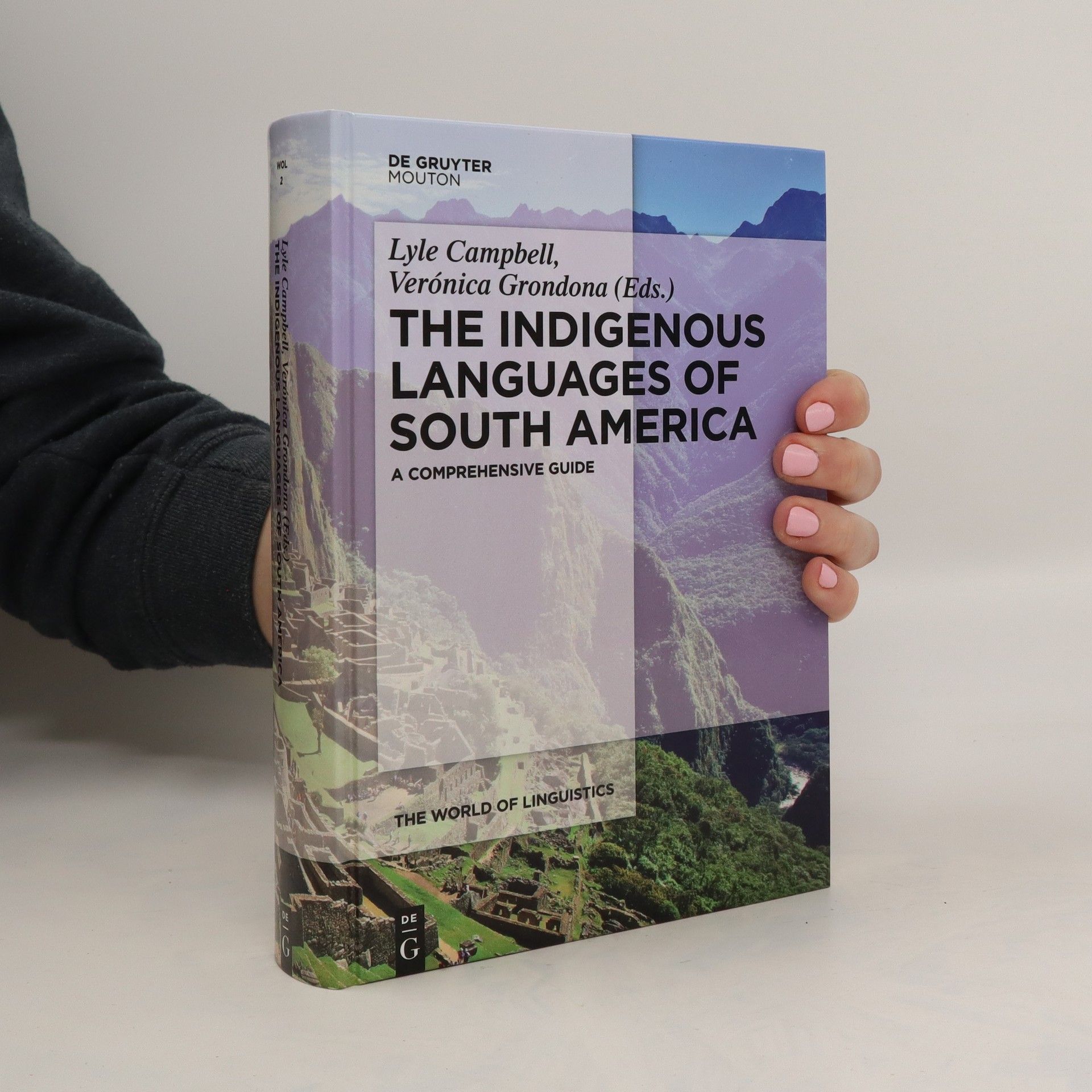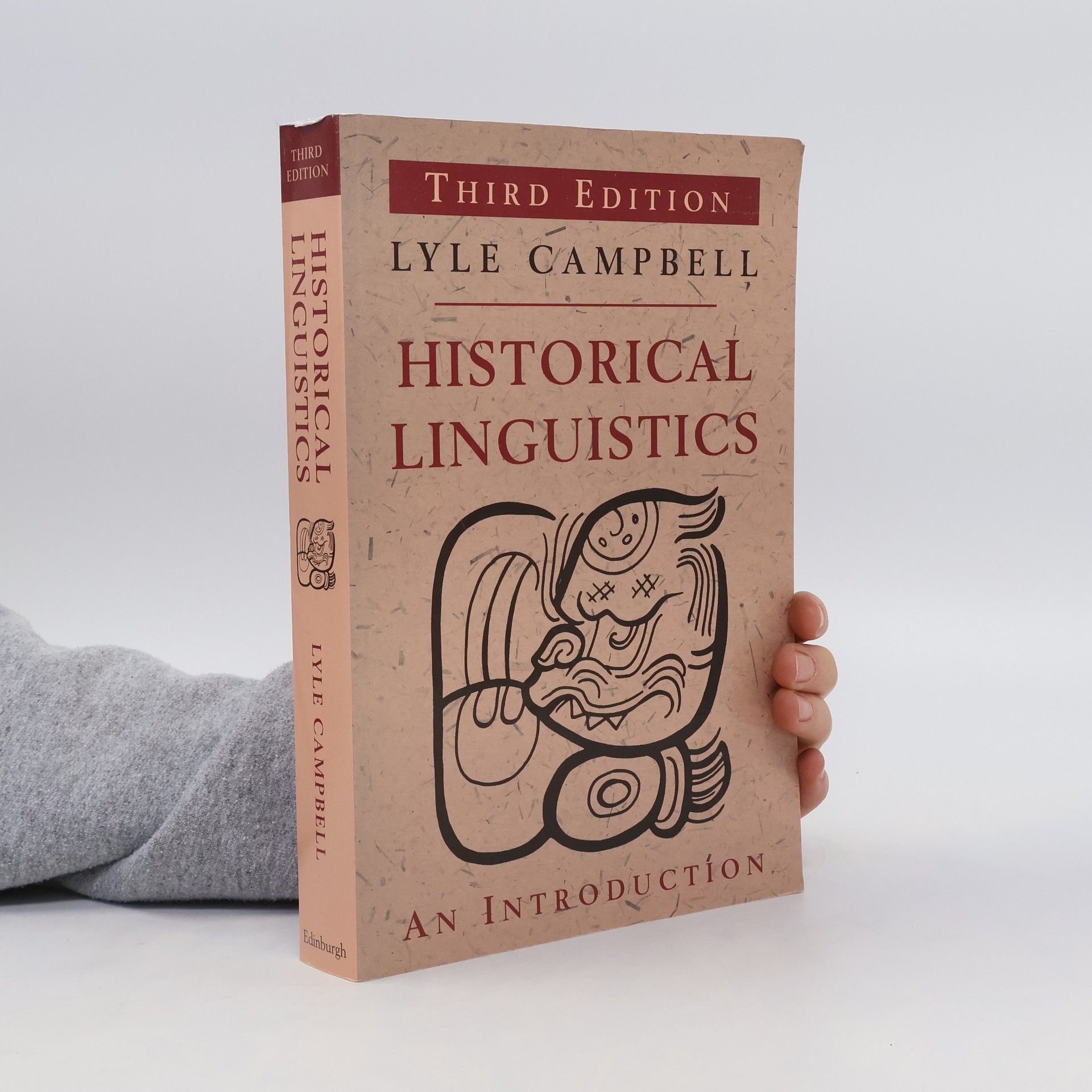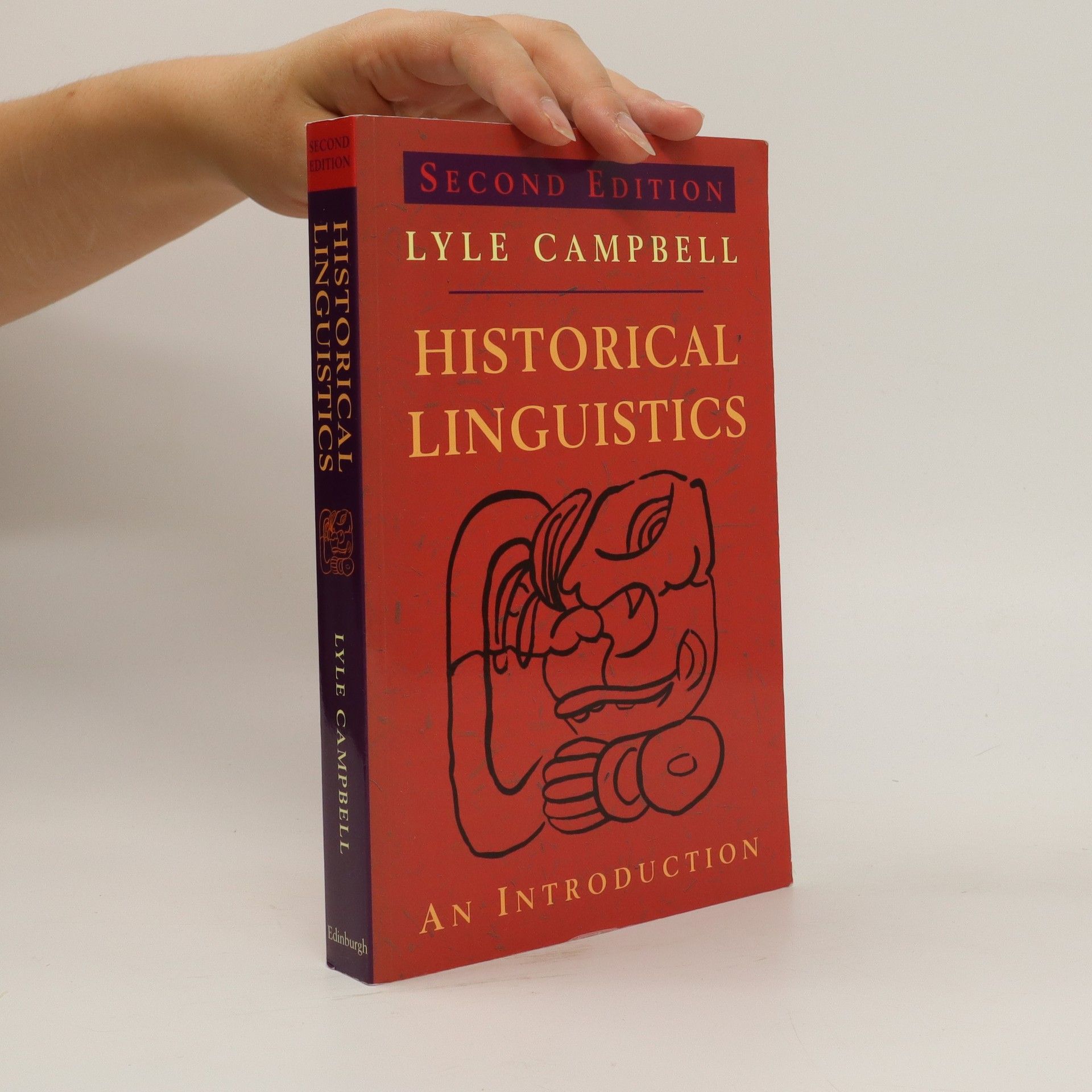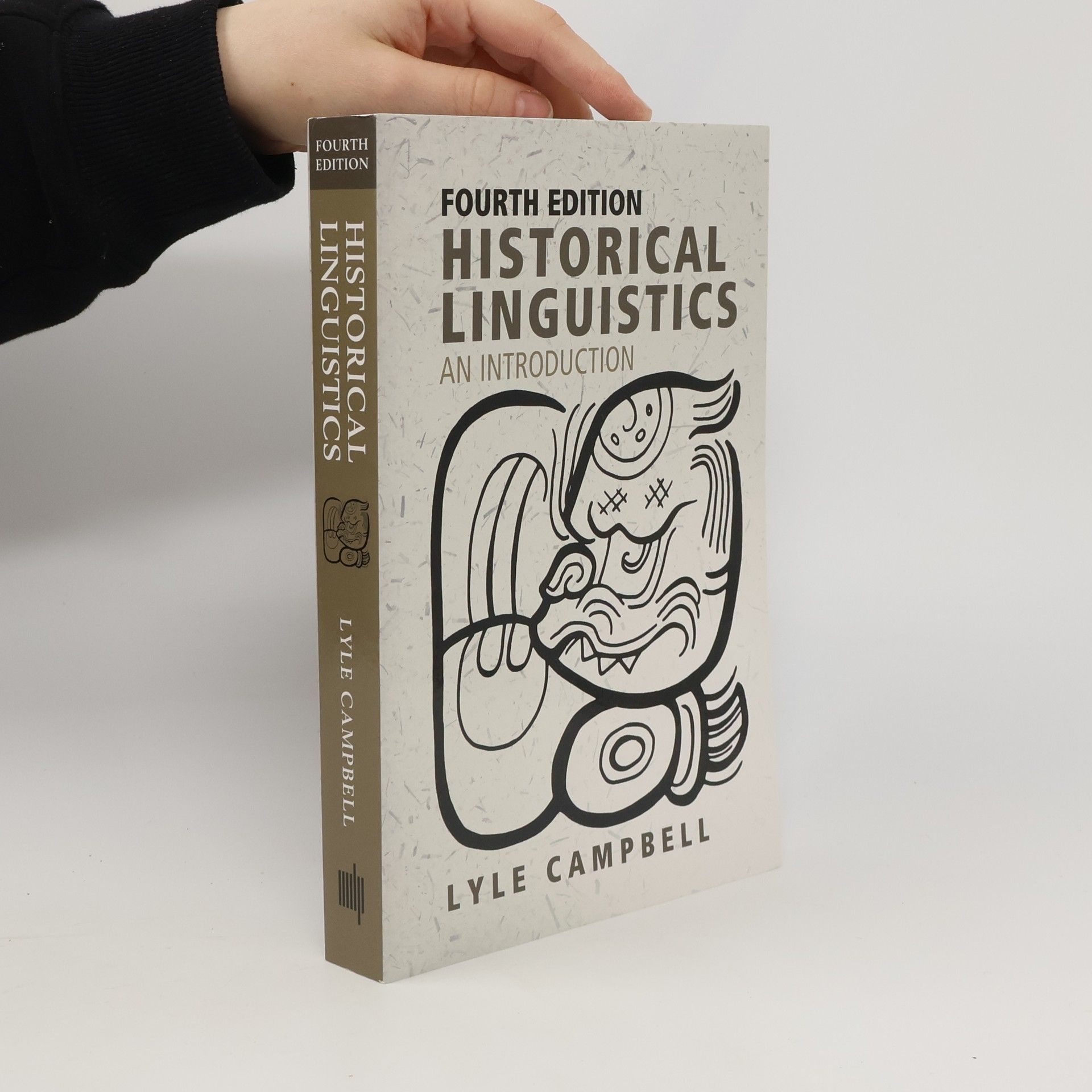This accessible, hands-on text not only introduces students to the important topics in historical linguistics but also shows them how to apply the methods described and how to think about the issues; abundant examples and exercises allow students to focus on how to do historical linguistics. Distinctive to this text is its integration of the standard topics with others now considered important to the field, including syntactic change, grammaticalization, sociolinguistic contributions to linguistic change, distant genetic relationships, areal linguistics, and linguistic prehistory. Examples are taken from a broad range of languages; those from the more familiar English, French, German, and Spanish make the topics more accessible, while those from non-Indo-European languages show the depth and range of the concepts they illustrate. This second edition features expanded explanations and examples as well as updates in light of recent work in linguistics, including a defense of the family tree model, a response to recent claims on lexical diffusion/frequency, and a section on why languages diversify and spread.
Lyle Campbell Knihy






Linguist on the Loose
- 240 stránek
- 9 hodin čtení
A vivid memoir of life in the field that highlights the importance of documenting indigenous languagesLyle Campbell’s linguistic fieldwork has taken him to numerous countries, sometimes in challenging circumstances. It has led to exciting discoveries including a new language in southeastern Guatemala, a unique speech sound, unknown in any other language, in the Nivaclé language of Paraguay and Argentina, and unusual and unique features in several other languages. Along the way, he has experienced dangers and challenges, the joys and excitement of fieldwork, and encountered first-hand the importance of collaborating with indigenous groups to help document and revitalize their languages.
An introduction to the study of language. With abundant examples and exercises, it helps students learn for themselves how to do historical linguistics. It also includes examples taken from a wide range of languages, including non-Indo-European languages, that illustrate concepts and methods.
The book explores the evolution of New Zealand English, drawing on a rich collection of audio recordings to analyze its origins and development. It provides insights into the unique linguistic features and influences that have shaped the language in New Zealand, offering a comprehensive understanding of its cultural and historical context.
This Glossary provides accessible and widely representative definitions, discussion, and examples of key terms and concepts used in the field of Historical Linguistics. It includes numerous cross-references to related terms and covers new as well as traditional terminology.
The Indigenous languages of South America
- 750 stránek
- 27 hodin čtení
The Indigenous Languages of South America: A Comprehensive Guide is a thorough guide to the indigenous languages of this part of the world. With more than a third of the linguistic diversity of the world (in terms of language families and isolates), South American languages contribute new findings in most areas of linguistics. Though formerly one of the linguistically least known areas of the world, extensive descriptive and historical linguistic research in recent years has expanded knowledge greatly. These advances are represented in this volume in indepth treatments by the foremost scholars in the field, with chapters on the history of investigation, language classification, language endangerment, language contact, typology, phonology and phonetics, and on major language families and regions of South America.
The new edition of a comprehensive, accessible, and hands-on text in historical linguistics, revised and expanded, with new material and a new layout. This accessible, hands-on textbook not only introduces students to the important topics in historical linguistics but also shows them how to apply the methods described and how to think about the issues. Abundant examples from a broad range of languages and exercises allow students to focus on how to do historical linguistics. The book is distinctive for its integration of the standard topics with others now considered important to the field, including syntactic change, grammaticalization, sociolinguistic contributions to linguistic change, distant genetic relationships, areal linguistics, and linguistic prehistory.
